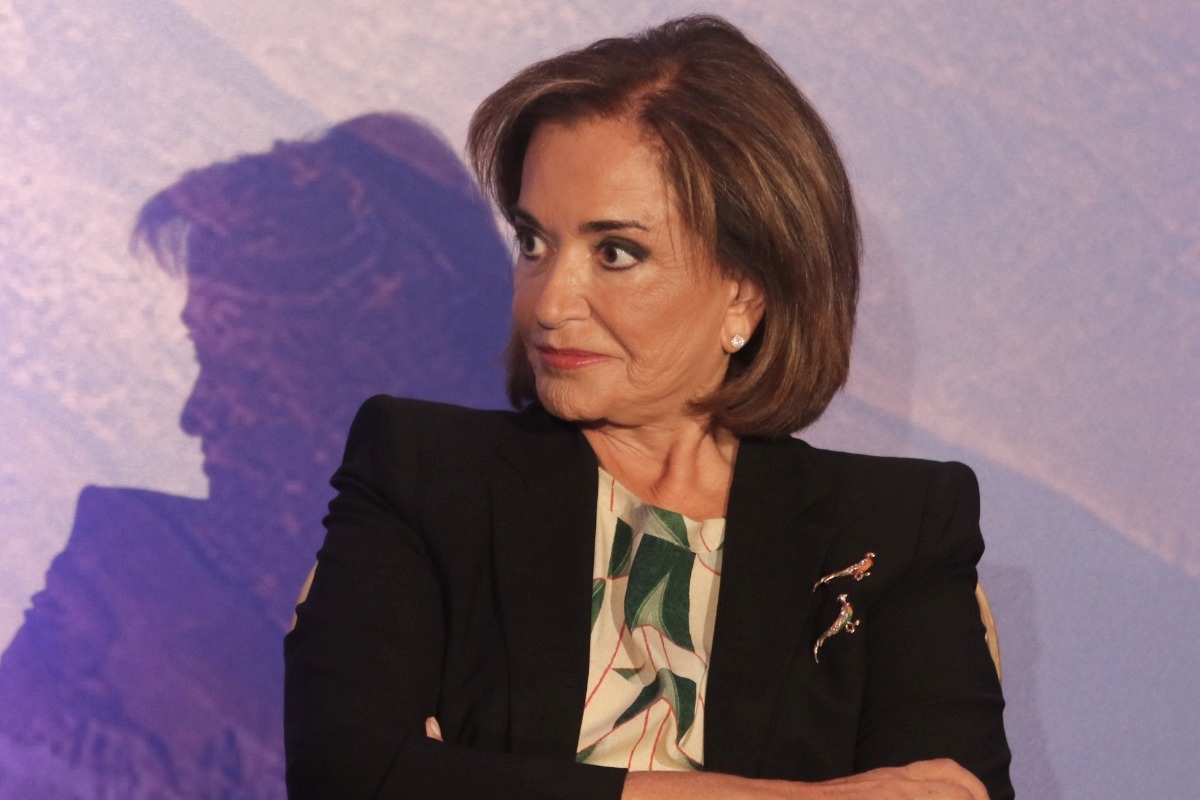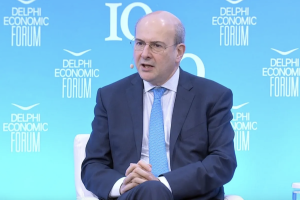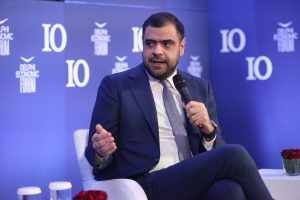Former foreign minister and one-time Athens mayor Dora Bakoyanni, among the more prominent veteran politicians in Greece, took the previous day’s “que” from her younger brother, Prime Minister Kyriakos Mitsotakis, and delved directly into the now tendentious debate in much of the West over the so-called “woke agenda”.
Mitsotakis extensively referred to the “hot button” issue on Thursday, during an open discussion with noted French author and political philosopher Pascal Bruckner, where he stressed that “there’s no woke agenda in Greece, as there is in the United States,” something he lambasted as a “tyranny of the minority (views).”
He also said one shouldn’t confuse the protection of fundamental human rights, a bedrock of the liberal democratic system, with the direction that this trend, “woke culture”, has taken in the United States.
Bakoyanni mostly echoed that sentiment on Friday morning during an appearance on a morning current affairs program, underlining that “there’s no woke agenda in Greece…Greece cannot be lumped in with what’s happening in America,” she said, before punctuating her point with the ancient Greek adage: “moderation in all things.”
Conversely, she denied that her ruling New Democracy (ND) party is pivoting more to the right, in light of Donald Trump and the GOP’s convincing victories last week in the US presidential and Congressional elections. A reaction at the ballot box by certain segments of US voters, against what critics have dubbed and derided as the “woke agenda”, is now a conspicuous “discussion point” among pundits and election analysts around the world.
A day earlier, Mitsotakis and Bruckner analyzed the perceived shift in US politics and the specter of undocumented migration plaguing both North America and Europe, another defining factor that apparently affected the US vote.
In deflecting sharp criticism by parties to the right of conservative ND and in social media, Bakoyanni said the current Greek government has followed a “very strict policy” vis-à-vis irregular migration.
“We do not have the problems of the United States…We see that there is an attempt to move the conversation from America to here. We don’t have America’s issues,” she said, adding that “we’re beginning to see an increase in migration flows, for which we are preparing, and we have an open
The previous day’s discussion, in English, was held at the American School of Classical Studies at Athens’ (ASCSA) Cotsen Hall. It can be found below:



